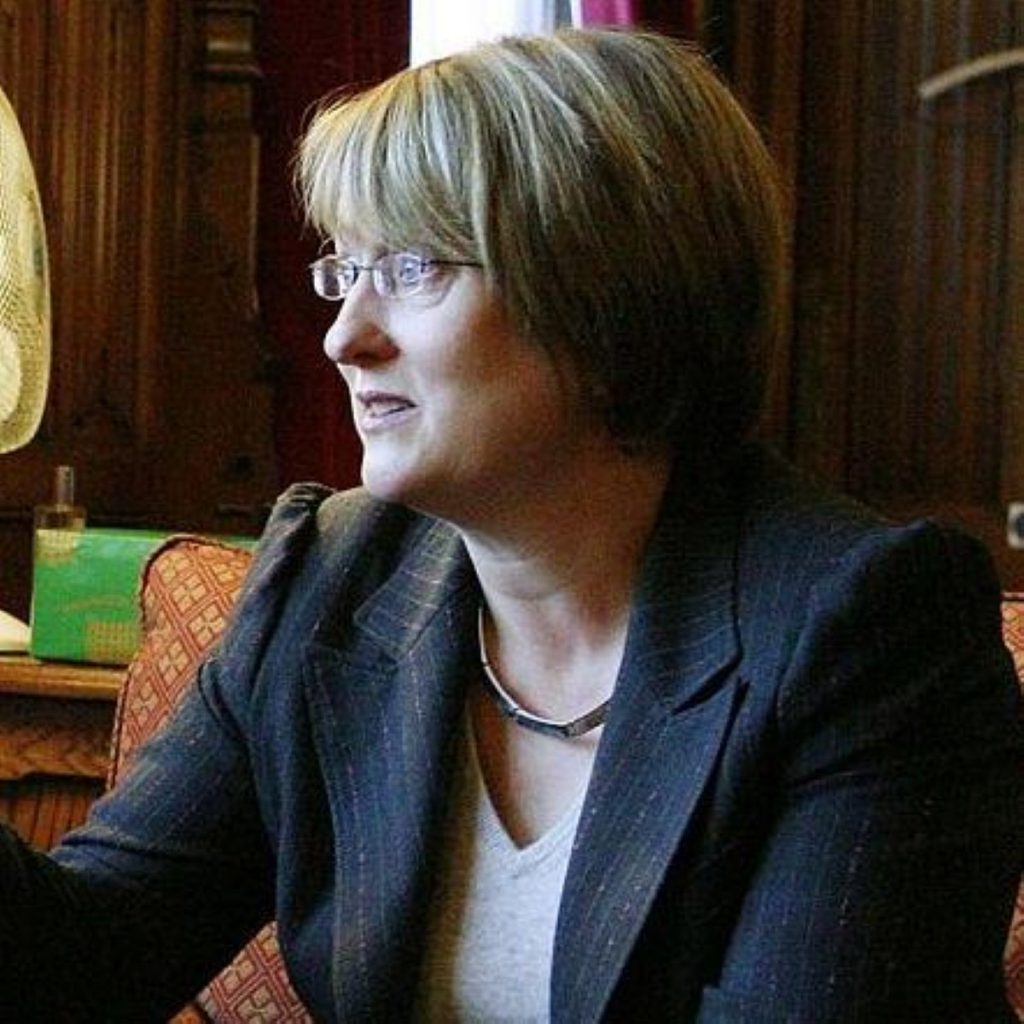Smith’s anti-porn policies highlighted
By Laura Miller
Jacqui Smith’s work pushing through anti-porn laws has been highlighted now she is embroiled in a scandal involving adult movies.
Ben Westwood, who campaigned against the introduction of Section 63 of the Criminal Justice and Immigration Act 2008 banning ‘extreme’ pornography, said today: “This proves that censorship and restriction of individual liberties in England is occurring because of members of the government’s personal hang-ups.”
The focus comes as the home secretary faces calls for her resignation over her husband’s use of public money to pay for blue movies.
The oldest son of Dame Vivienne Westwood accused Jacqui Smith of embarking on a “crusade on the sex industry”, which, he said, “is not to protect people but to protect herself”.
Bookmakers today made Ms Smith odds-on to be out of her job by the end of the year.
“This Labour puritan’s restriction of individual freedom has been so that she can restrict her own husband,” Mr Westwood added.
“She has attacked prostitution, lap-dancing clubs and pornography in her role as home secretary, and now we know why.”
The justice bill, which came into force on 1st January, gave the government unprecedented powers to police previously private sexual activities.
Last year, opponents of the new laws, including at least two lords, criticised the banning of possession of “an extreme pornographic image”, saying it would criminalise thousands of previously law-abiding people who have a harmless taste for unconventional sex.
“The government gets away with murder when it comes to legislating about our sexual behaviour because we are a strait-laced nation and far too many of us are embarrassed about talking about sex,” Westwood said last year.
He lead a protest outside Westminster along with a “chain gang” of bound and gagged models and activists from the Consenting Adult Action Network (CAAN) against what campaigners believed was an unnecessary restriction on adults’ sexual choices.
A spokesperson for CAAN has said: “Over the last ten years, government has been intruding ever more actively into what adults may or may not do with other consenting adults in the privacy of their own bedrooms simply for having sexual tastes that are unacceptable to the prudes in power.”
But campaigners against extreme pornography argued the bill was needed to help prevent violent sexual crimes.
Liz Longhurst, mother of Jane Longhurst who was killed by Grahan Courtts in 2003, argued there was a strong link between portrayals of violence in X-rated films, and the real thing.
Coutts’s trial heard how for eight years before the murder in 2003 he had trawled the internet looking for pictures of women being strangled and raped.
“They made him feel he wasn’t alone in his preoccupation. I think before he found like-minded people on the internet, he believed he was the only person with those thoughts. But when the internet came along, he saw there were all these websites, so he thought it was all right to have these fantasies,” Mrs Longhurst told reporters in January.
There is no indication that the films Ms Smith claimed for on her expenses were violent pornography.





-01.png)